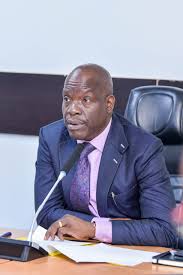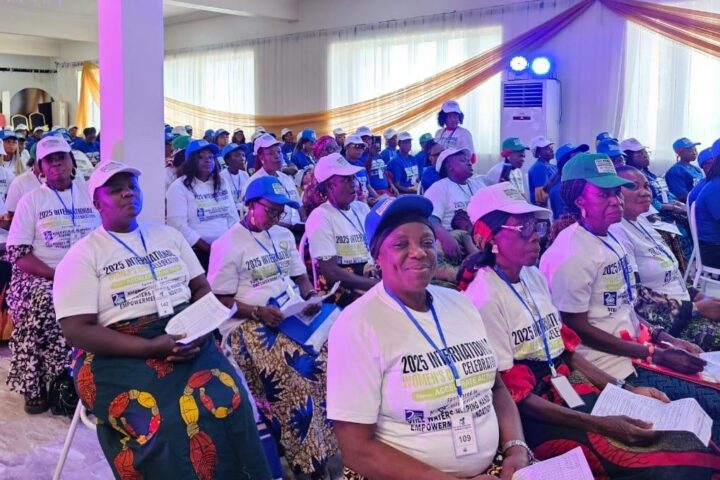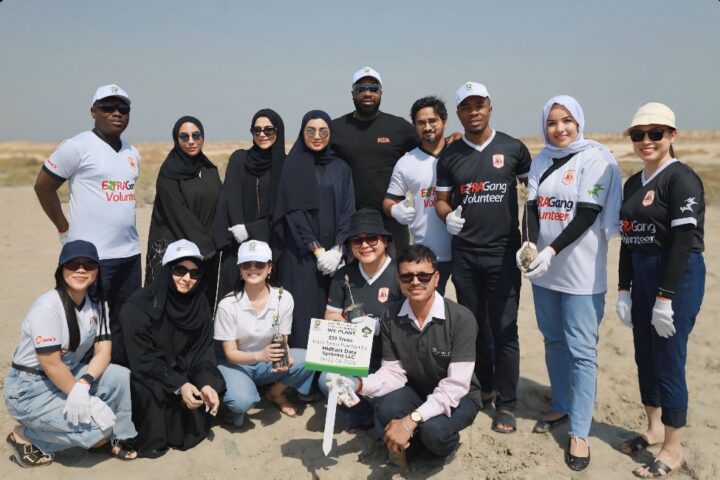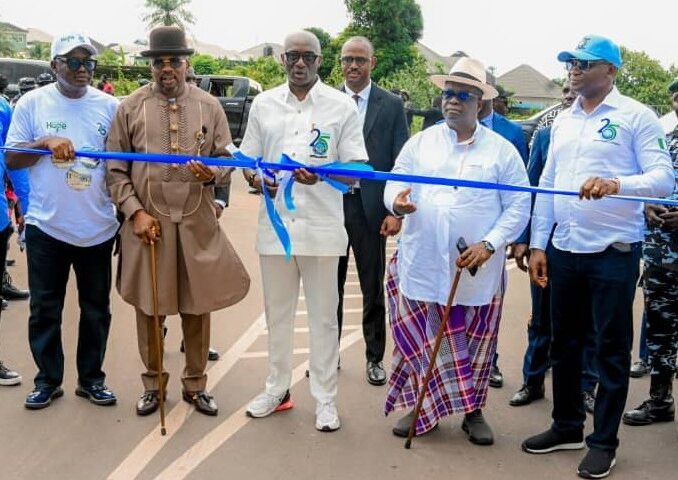
Sahara Group has advocated the need for more intra-African collaboration to accelerate the continent’s march towards access to sustainable energy solutions and ultimately, energy transition.
Executive Director, Wale Ajibade who led Sahara Group’s delegation to the Libya Energy and Economic Summit 2021 in Tripoli,explained that collaboration geared towards promoting security on the continent remained critical to achieving sustainable development in Africa.
According to him,ensuing security of lives and property would enhance investment within the continent and also boost foreign direct investments needed to transform Africa’s expansive oil and gas sector.
He added:”The importance of security and political stability in Africa cannot be overemphasized. We need to see more cooperation between governments, business, the civil society and other stakeholders in this regard to enable the continent rapidly grow its local capacity and global competitiveness”
“When we start talking about energy transition, yes, it is well appreciated and accepted, but without the right investments and enabling environment, it will be difficult for us to transition to renewable energies. When we talk about green energy and renewable energy, there is a cost. How are we going to achieve the energy transition if the economies of our countries are not better?”
He disclosed that his company would work with the government and good people of Libya to enhance access to energy in order to accurately economic growth and development.
“We are passionate at Sahara Group about bringing energy to life responsibly across the continent. We need energy to realise Africa’s potential and all stakeholders will have to work together to achieve this. This conference is a huge step in the right direction and we are delighted to be part of the unfolding transformation in Libya,” Ajibade stated.
The Libya Energy and Economic Summit which ends today is the first large-scale international event to take place in Libya in over a decade. Participants expressed optimism for huge prospects in Libya’s oil and gas sector amid growing fortunes that have seen the country emerge as a foremost oil producer in Africa.
OIL AND GAS
Nigeria Will Ramp Up 1.8mbpd Production By December
The Group Managing Director (GMD)/Chief Executive Officer (CEO) of the Nigerian National Petroleum Company Limited, Malam Mele Kyari, has expressed optimism that Nigeria would ramp up oil production to 1.8 million barrels per day (bpd) by the end of this year.
He said despite the target, the country could easily attain its maximum crude oil production capacity of 2.5 million barrels per day with the combined production of crude and condensates.
Kyari said: “It is obvious that by the close of the year we will get back to the 1.7million-1.8million barrels per day of crude only; as you may be aware, when we mention these figures, I am talking about crude oil only.”
He said that at the height of the COVID-19 pandemic, Nigeria shut down some of its wells and were yet to get back to their full production capacities.
Kyari,the NNPC was working towards bringing the facilities back to optimal production before the end of the year.
He further explained that the COVID-19 pandemic and the lack of clarity in the sector led to drought in investment in the Nigerian oil sector.
He said the situation had been corrected with the newly enacted Petroleum Industry Act (PIA) 2021 which provided ample investment opportunities in the Nigerian Oil and Gas Industry.
He also implored the Nigerian Association of Petroleum Explorationists (NAPE) and other stakeholders in the petroleum industry to focus on developing home-grown technology solutions that can improve performance and reduce carbon footprint in oil and gas operations.
He gave the charge in a virtual goodwill message to the 39th NAPE Annual International Conference & Exhibition with the theme – Petroleum Exploration and Production in a new World: What Next After the Global Crisis?
Kyari said it had become imperative for the industry in Nigeria to embrace the new realities of the post COVID-19 operating environment.
This, he said can be achieved by improving on technology beyond the traditional seismic way of exploration in a manner that would support the Federal Government in its climate change mitigation measures.
He stated that one of the key challenges to the campaign for reduced greenhouse gas emissions was the issue of energy poverty which was the basis for President Muhammadu Buhari’s advocacy for energy justice at the just concluded COP26 Climate Change Conference in Glasgow, Scotland.
Kyari said that while he agree that the country should transit to a net-zero carbon situation by year 2060, he also said it was necessary to create a balance by providing the right technology and finances to enable less developed countries bridge the gap and make their own transition at a convenient pace.
He spoke on the PIA, saying that the new oil reform legislation offered refreshing opportunities especially in the deep-water.
He noted that Nigeria’s reservoirs were not as complex as elsewhere in the world.
He advised NAPE to innovate and ensure that the country reaps bountifully from its exploration activities.
He said the country would be relying on professional support from organisations like NAPE to achieve the desired aspirations in this regard, while noting that focus must be on creating the capabilities and capacities that can sustain resilience in navigating new industry realities.



















